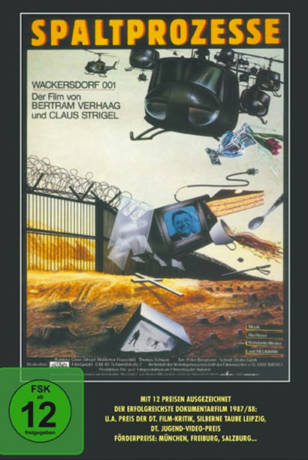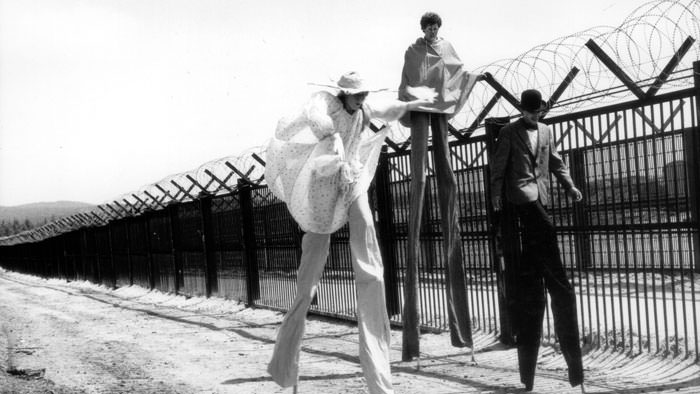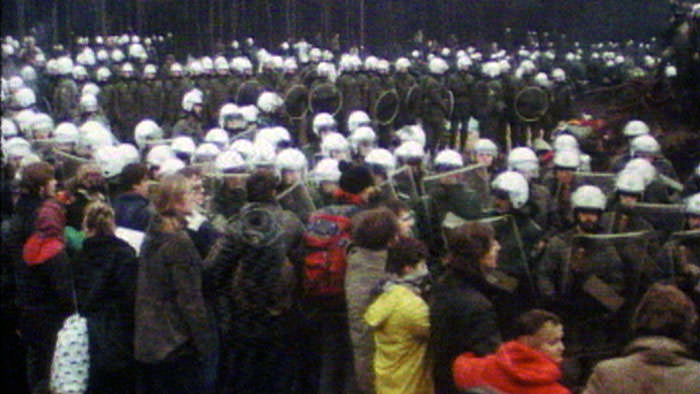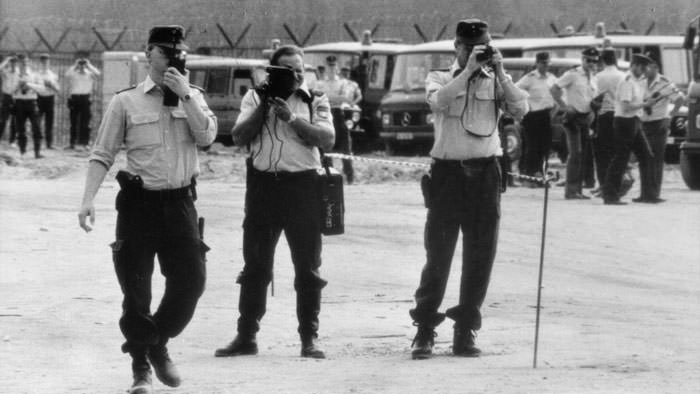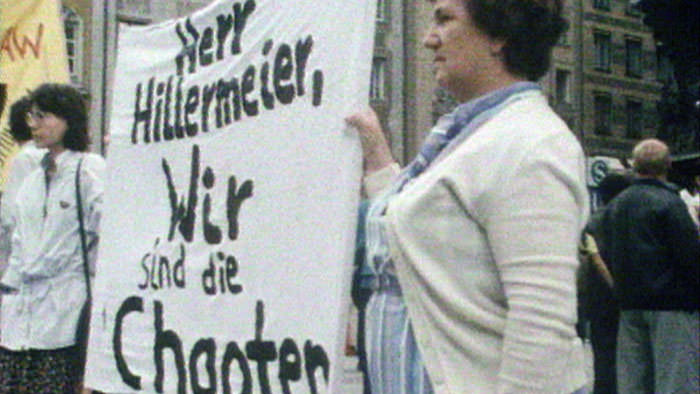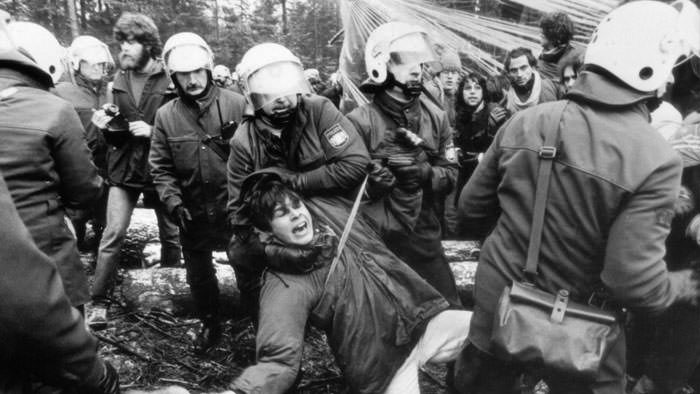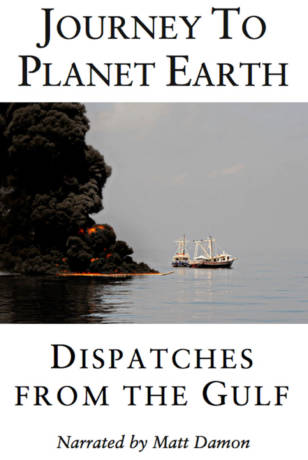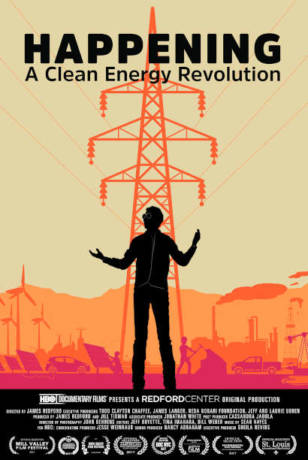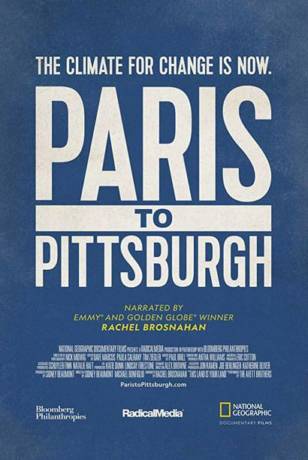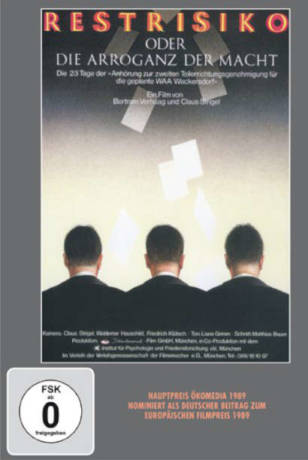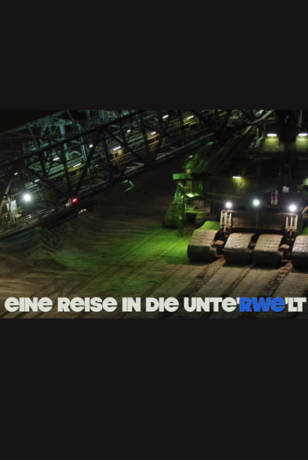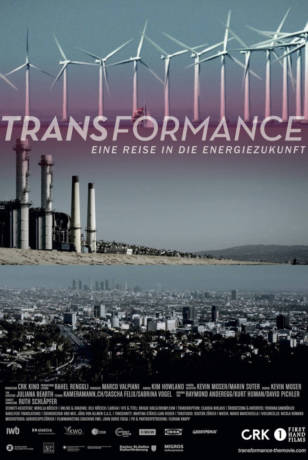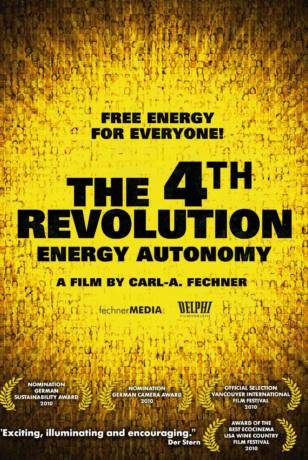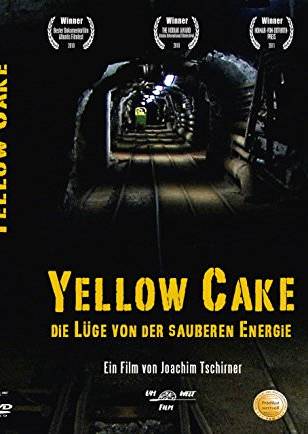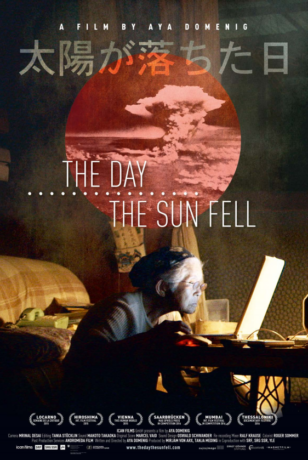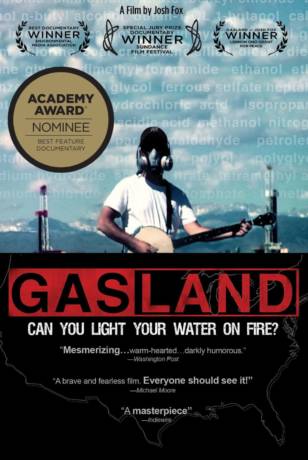Nuclear Split
The “Nuclear Split” is a feature of life in the Upper Palatinate, a region of West Germany bordering Czechoslovakia. In the rural communities surrounding the proposed nuclear reprocessing plant, these fission processes are occurring in the local population. A child paints a picture: demonstrators on one side and police on the other. Molotov cocktails and tear gas shells, helicopters shooting over barbed wire fences. Since the location of the nuclear reprocessing plant was decided on February 4th 1985, many people have seen their lives change radically.
This film provides a profound insight into the process of ecological destruction. It reveals the intentions behind the construction of a nuclear fuel reprocessing plant in terms of atomic policies. Furthermore, it highlights the dangers to which the population will be exposed as a result of radioactive emissions.
The film focuses on the inhabitants of this region, the threats to which they are exposed as well as the personal and collective processes of transformation they have undergone. Once loyal citizens have been reluctantly turned into radicals. Civil servants, housewives and mothers reveal strong feelings of political and social responsibility that extend far beyond any initial expression of indignation. Local figures are not afraid to speak out frankly. They demonstrate solidarity when those labelled “anarchists” are subjected to gas attacks along the perimeter fence of the building site. People vent their anger both within their own four walls and standing face to face with armed policemen in the midst of a conflict that has all the attributes of a civil war.
The people of the Upper Palatinate find themselves caught in a field of tension somewhere between powerlessness and anger, despair and defiance.
